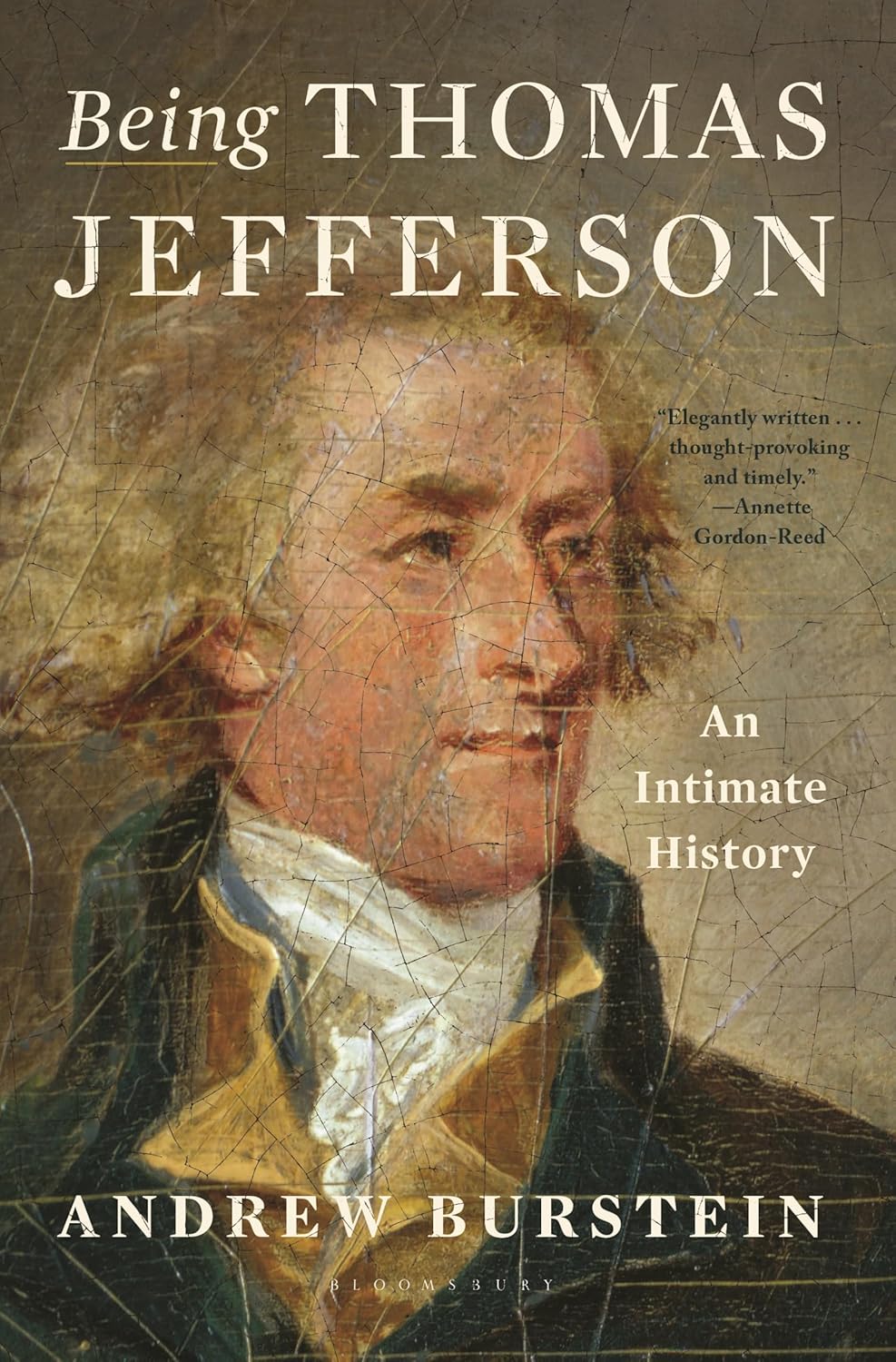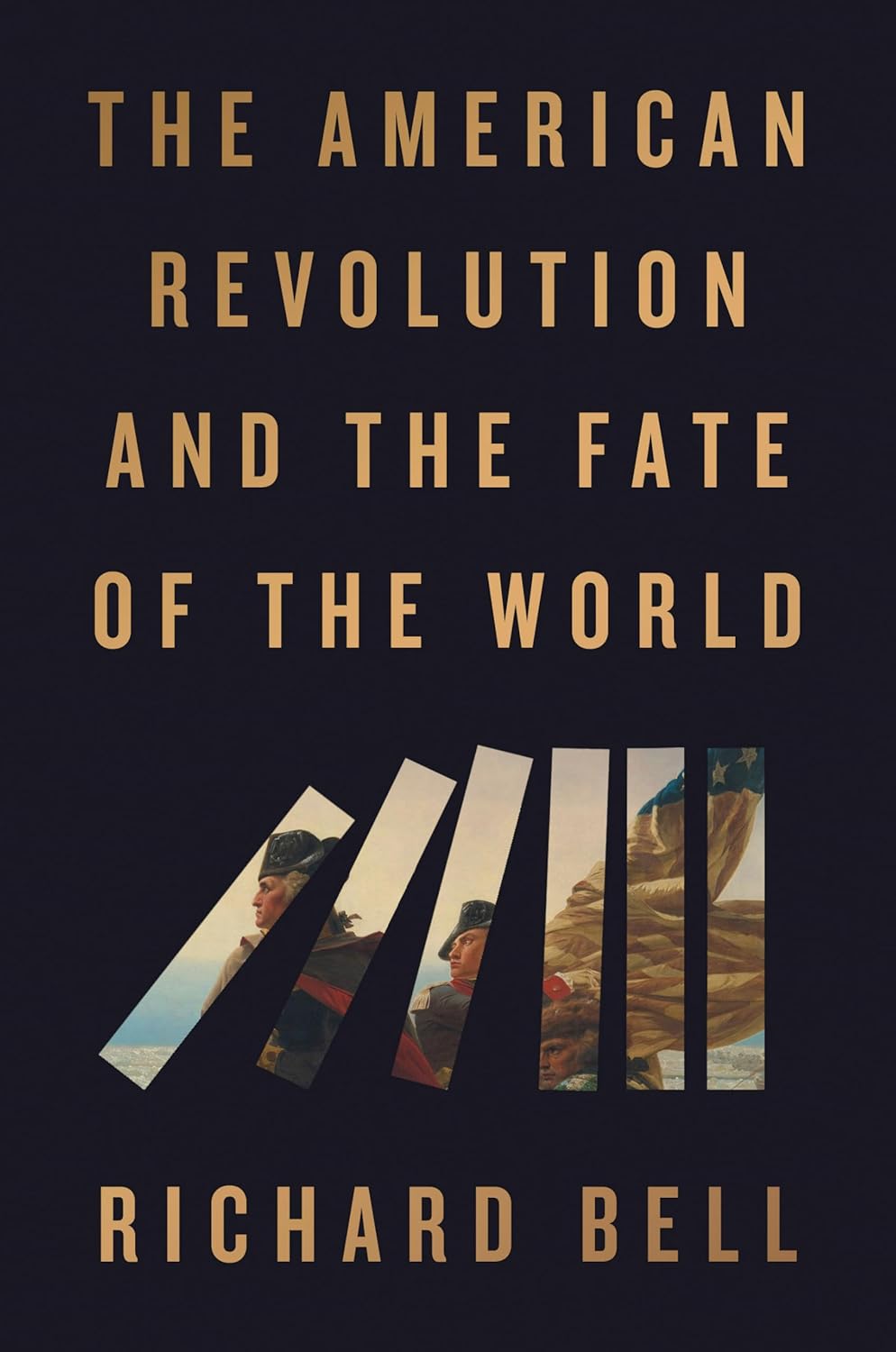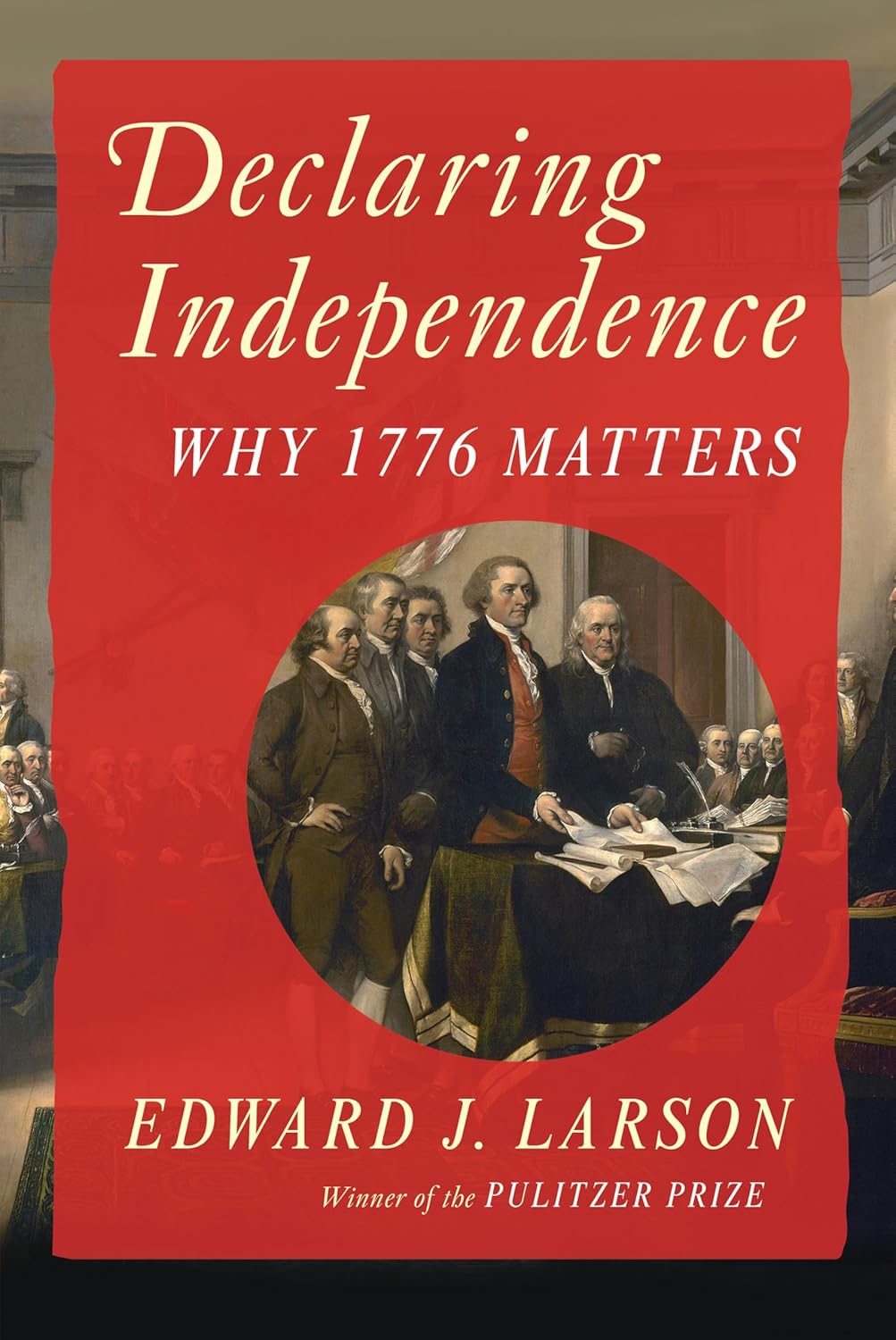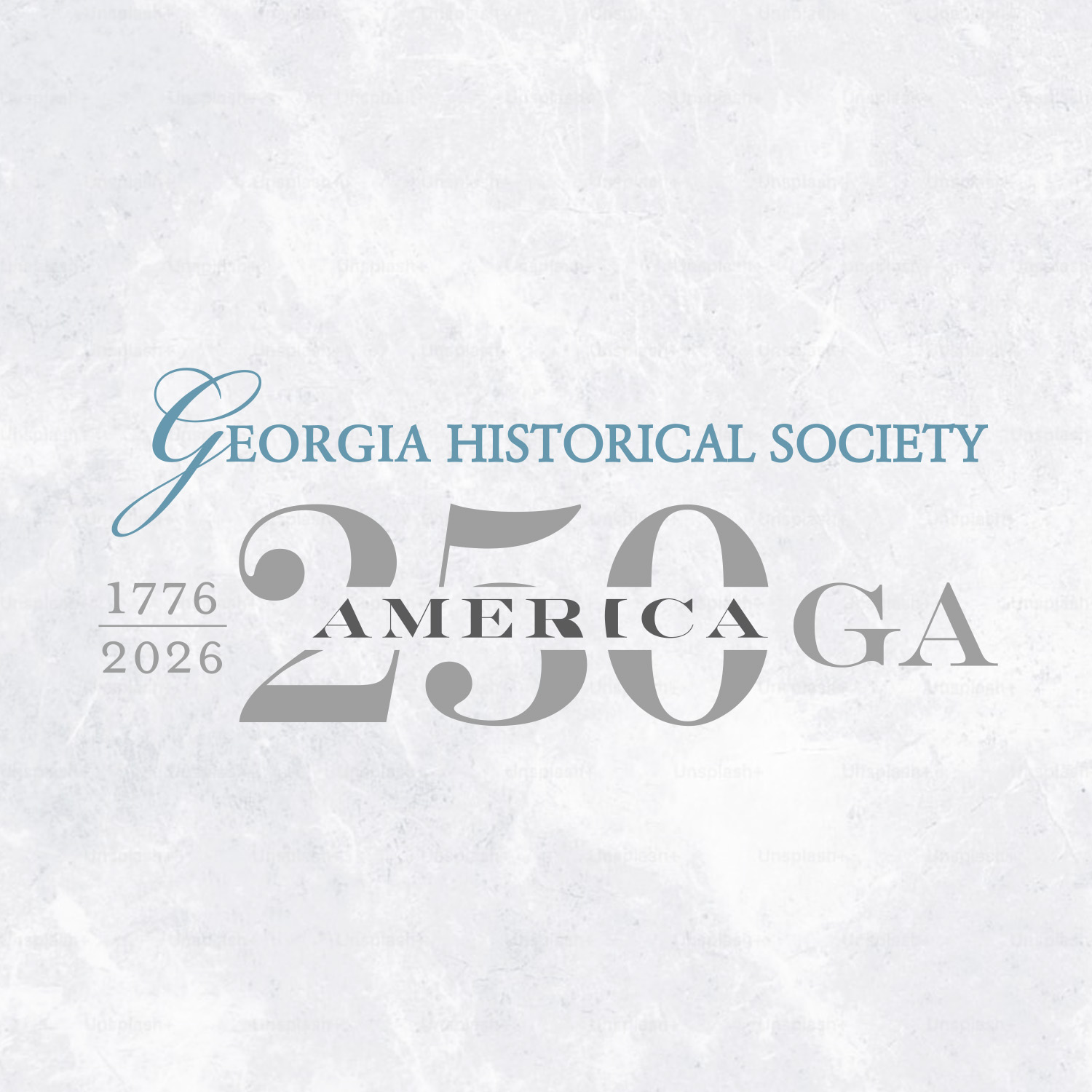As part of GHS’s ongoing US250 commemoration, Stan’s guest this week is author and historian Andrew Burstein, talking about his new book, Being Thomas Jefferson: An Intimate History (Bloomsbury, 2026). Burstein is a nationally recognized authority on Jefferson, the author of ten books, co-author of two others, recently retired as Charles P. Manship Professor of History at LSU. He advised and served as on-air commentator on Ken Burns’ acclaimed 1997 film, Thomas Jefferson. His new book is “the deepest dive yet into the heart and soul, secret affairs, unexplored alliances, and bitter feuds of this generally worshipped, intermittently reviled American icon.” Perhaps no founding father is as mysterious as Thomas Jefferson. What did it feel like to be Thomas Jefferson?





